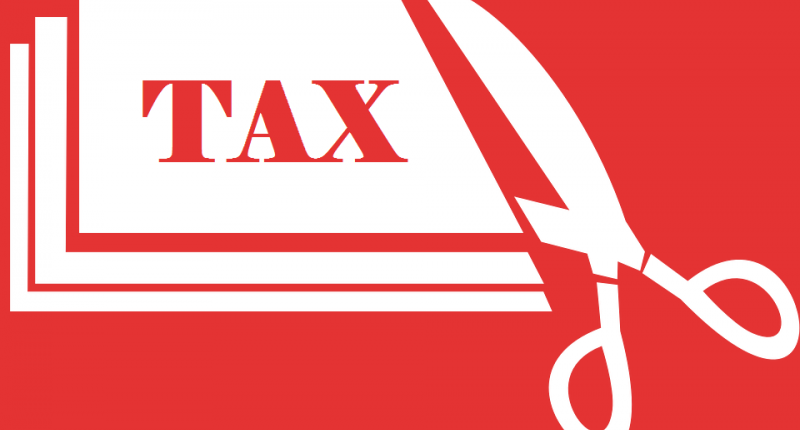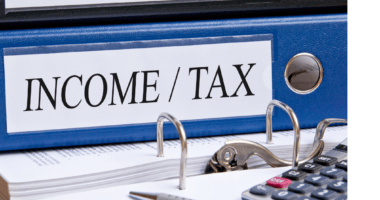Taxpayers often enquire about the rebates and deductions available for their tax filings. The government provides relief to taxpayers by enhancing the basic exemption limit from time to time.
Also, the government seeks to lower the tax burden by providing a tax rebate to middle-class taxpayers. We will discuss the tax rebate allowed under Section 87A of the income tax law.
For the AY 2019-20, taxpayers having a gross total income of Rs 2.5 lakh are required to file an income tax return. The due date for filing an income tax return is 31 August 2019.
A rebate is allowed under Section 87A of the income tax law for taxpayers having total income up to Rs 3.5 lakh. A rebate of Rs 2,500 is allowed against the income tax payable. In a case where the tax payable is less than Rs 2,500, the rebate is limited to the tax payable.
How do you claim the rebate under section 87A?
A rebate under Section 87A is allowed against the income tax payable by you. To this end, you have to file an income tax return. You should aggregate your income for the financial year 2018-19 (corresponding to tax filing for AY 2019-20).
Further, from the aggregate income, you are entitled to claim tax deductions for tax saving investments. You calculate your income tax on the resulting total income.
Also Read: Difference between a tax rebate and tax exemption
We help you understand the calculation of rebate with the help of an example:
| Source of income (AY 2019-20) | Income (Rs) | |
| Salary | 5,00,000 | |
| Less: Standard deduction | 40,000 | 4,60,000 |
| Interest on fixed deposit | 40,000 | |
| Gross total income | 5,00,000 | |
| Less: Deduction under section 80C | 1,50,000 | |
| Total income | 3,50,000 | |
| Income-tax (@ 5% above Rs 2.5-5 lakh) | 5,000 | |
| Less: Rebate u/s 87A | 2,500 | |
| 2,500 | ||
| Add: SHEC @4% | 100 | |
| Tax payable | 2,600 |
In the example mentioned above, the aggregate income is Rs 5,00,000. The total income is Rs 3.5 lakh (after claiming deductions). A taxpayer is eligible for a rebate for a total income up to Rs 3.5 lakh. Hence, in the given case, the taxpayer is eligible for a rebate of Rs 2,500.
In the example mentioned above, the aggregate income is above the basic exemption limit of Rs 2.5 lakh. Hence, a taxpayer has to file a return of income. The taxpayer will be able to claim the benefit of rebate in the income tax return.
The due date for filing an income tax return is 31 August 2019. A taxpayer filing an income tax return after the due date, from 1 September 2019 till 31 December 2019 will be liable for a late fee of Rs 5,000. An income tax return filed from 1 January 2020 till 31 March 2020 will be liable for a penalty of Rs 10,000.
I am a Chartered Accountant by profession. I specialise in personal taxes and corporate income tax matters. I am an avid reader and track developments in financial markets, economy and other market developments.





